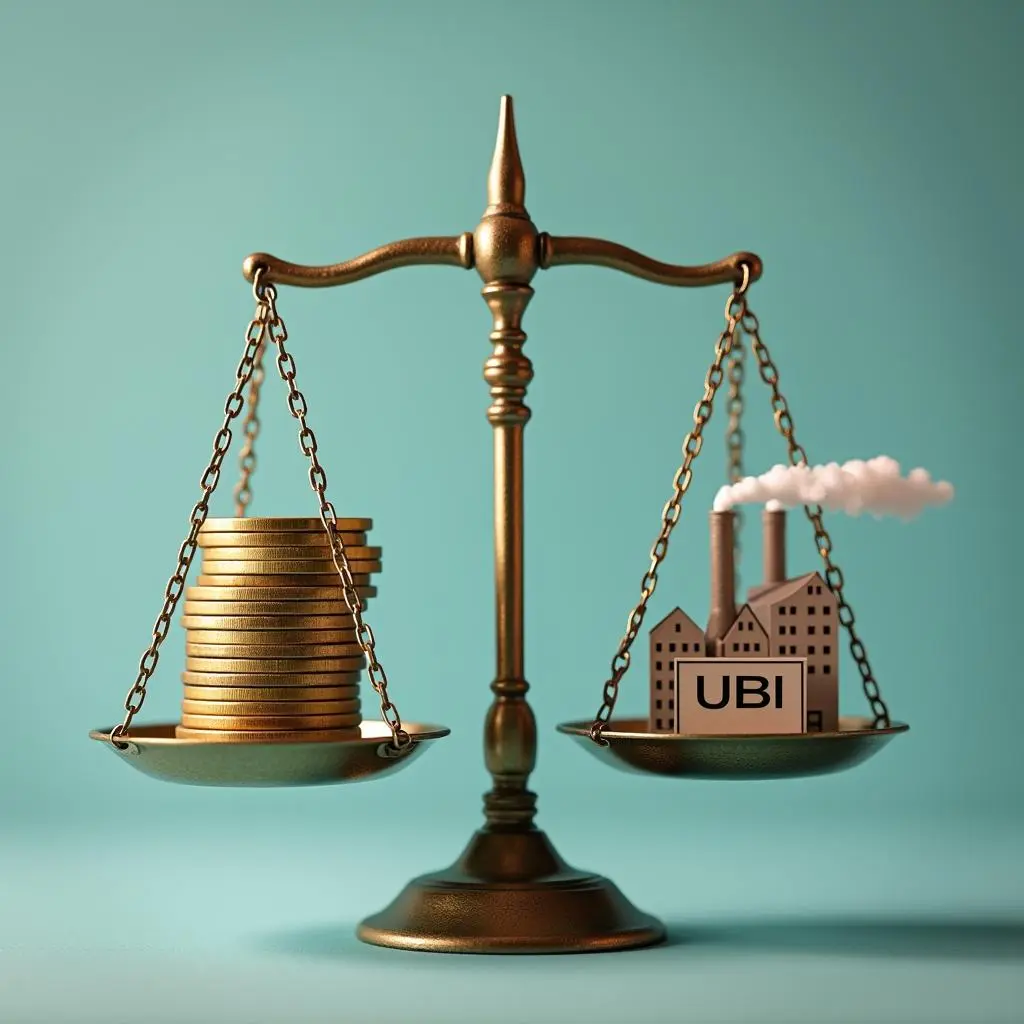Universal Basic Income: A Threat to Capitalism or a Solution?

Universal Basic Income (UBI) is a concept that has gained significant attention in recent years. It proposes that every individual receives a guaranteed income regardless of employment status, intended to cover basic needs such as food, housing, and healthcare. Advocates argue that UBI can reduce poverty, improve quality of life, and provide a safety net in an era of increasing automation and job insecurity.
Critics, however, see UBI as a potential threat to capitalism. They argue that guaranteed income could disincentivize work, disrupt labor markets, and strain government resources. Some believe it challenges the fundamental principles of a system that ties individual worth to productivity and income, creating resistance among those invested in the current economic structure.
Despite the debates, UBI offers a promising solution to address the growing inequalities of modern economies. It can empower individuals to pursue education, entrepreneurship, and creative endeavors without the constant pressure of survival. Furthermore, it can stimulate local economies by ensuring people have the means to spend on goods and services, promoting growth and innovation.
To implement UBI effectively, governments must balance funding through progressive taxation and reallocation of resources from outdated welfare systems. Transparency, robust pilot programs, and international cooperation are crucial to demonstrating the feasibility and benefits of this model.
Ultimately, UBI is not inherently a threat to capitalism but an opportunity to evolve it into a more equitable and sustainable system. By prioritizing human dignity over profit, societies can build a future where progress benefits all, not just the privileged few.
Ultimately, UBI is not inherently a threat to capitalism but an opportunity to evolve it into a more equitable and sustainable system. By prioritizing human dignity over profit, societies can build a future where progress benefits all, not just the privileged few.
